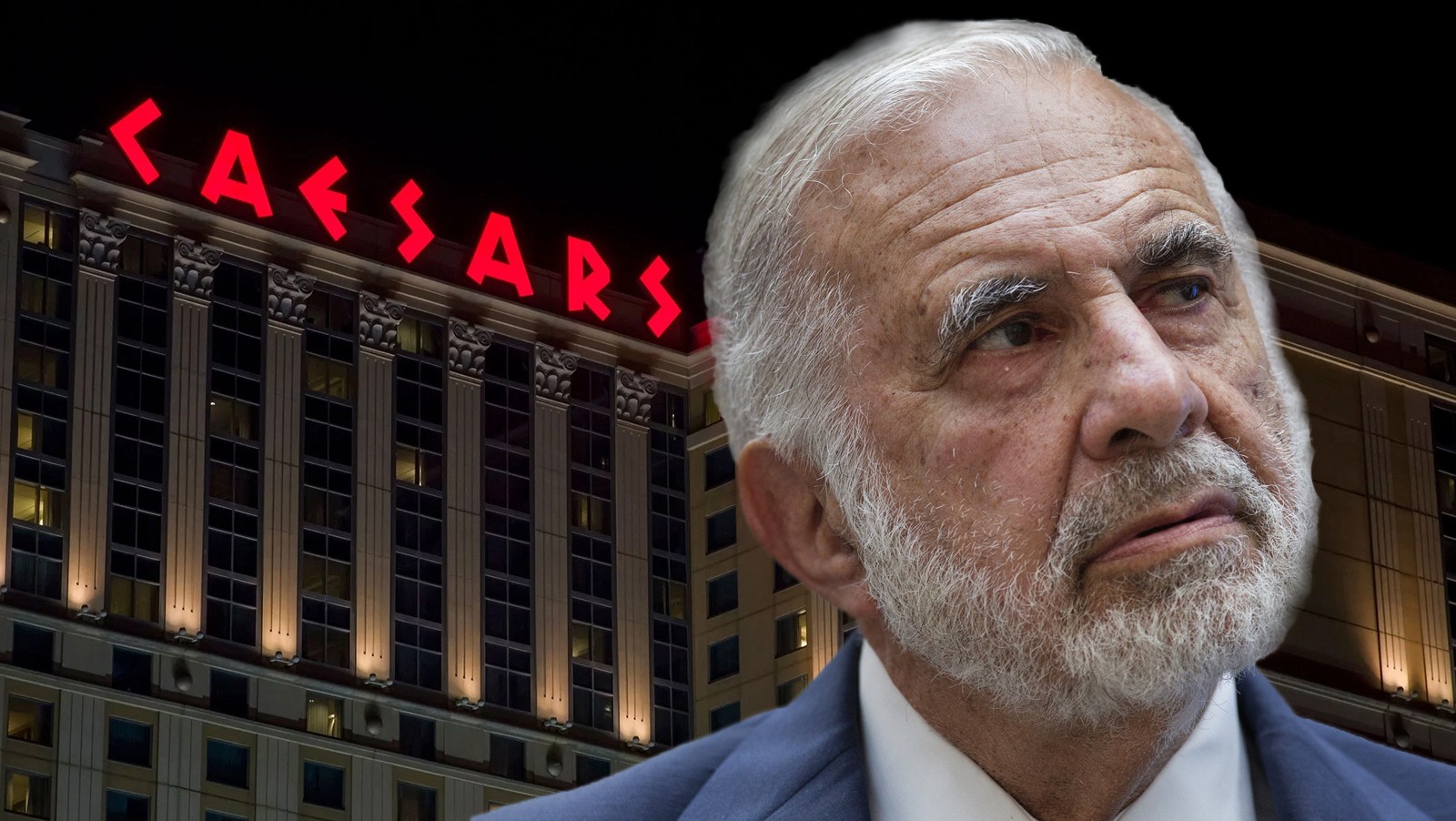Carl Icahn is getting himself involved in one of the most – if not the most – financially convoluted casino firm in the world. Icahn recently disclosed a 9.78% stake stake in Caesars of over 66 million shares through a combination of himself personally and his various corporate entities, including Icahn Enterprises (IEP). It may be tempting to follow him into the Caesars whirlpool rivaling Jupiter’s Great Red Spot, but there are less crazy ways to gain exposure to this move than buying Caesars directly. If you want some exposure to this and you trust the guy, then take a stake in IEP. It pays a 10% dividend at the current price of $70 a share. Caesars of course pays no dividends, has no plans on paying any dividends in the near future, and can’t even remotely afford to.
Icahn wants his own men on the Caesars board and Caesars isn’t fighting back. They’re being openly cooperative with him. The undercurrent seems to be that they are a bit uncomfortable with the whole situation, listing him as a risk factor on their annual report. Icahn wants to see a sale and Caesars has basically told him that they’ve tried but have been unable to do it at terms that they consider fair to shareholders. Since news of Icahn’s stake broke on February 19th, the stock is down over 8%.
So let’s take a look at what any prospective buyer would get with Caesars. A fair warning – it is very confusing. If you thought they cleaned up their balance sheet when they came out of bankruptcy, think again. It’s arguably even weirder than it was beforehand.
The first thing we find on the surface is $9.1 billion in debt. Not so bad, considering it used to be $25 billion. Alright. This is the number that will be reported on by the mainstream media when they write up a blurb about Icahn and Caesars and mention the recent bankruptcy. But they won’t go any deeper than that. Scratching just below the surface, $6.24 billion of that debt is floating rate, but $3 billion of that is protected with swaps, so while we have a company officially leveraged 155%, only 36% is exposed. So just below the surface it doesn’t seem so bad. Maybe Caesars can climb out of this. But if that were the case, they would have found a buyer by now.
